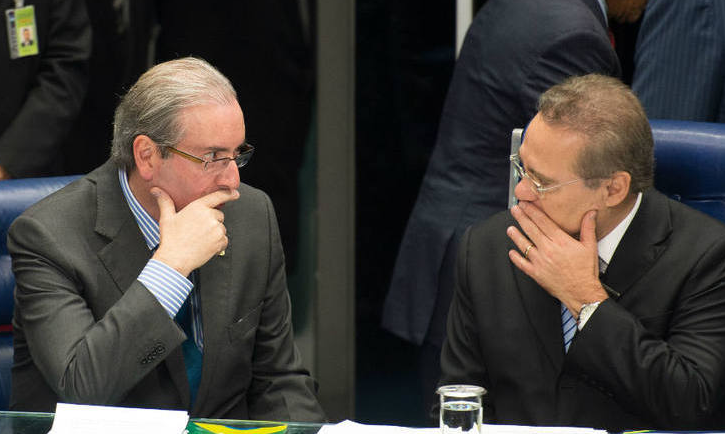
COURSE OBJECTIVES
This course provides an introduction to political risk analysis and studies the interplay between politics and economics. In the debates, we will focus on building a theoretical foundation and applying these skills to current, real-world problems. The course will underscore how political science theory, complemented by other fields, especially economics and political economy, can serve as a basis to study how politics influences the economy and business actors. Among other aspects, we will study how to deal with uncertainty, how geopolitics influences business decisions, the relation between political stability and capital markets, regulatory risk, and specific issues such as corruption, terrorism and expropriation, all of which pose different types of risks for international investors. At the end of the course, we will focus on how the political situation in Brazil – and the Lava Jato scandal — influences economic developments and vice versa.
COURSE SCHEDULE
July 11 – July 22, daily from Monday to Friday, 7am – 1pm
Sign up here.
Download the course program.
REQUIREMENTS
Candidates must be undergraduate or graduate students of FGV or any other university in Brazil or abroad.
PROFESSORS
Matias Spektor is an Associate Professor at Fundação Getulio Vargas in São Paulo. He is the author of “18 Dias: quando Lula e FHC se uniram para conquistar o apoio de Bush” (2014), “Kissinger e o Brazil” (2009), “Azeredo da Silveira: um depoimento” (2010). Dr. Spektor is also working on a multi-archive research program on the history of Brazil’s nuclear program. He was a visiting fellow with the London School of Economics (2009), the Council on Foreign Relations (2010), the Woodrow Wilson International Center for Scholars (2012), and holds a doctorate from the University of Oxford. In 2013 Matias was Rio Branco Chair in International Relations at King’s College London.
Oliver Stuenkel is an Assistant Professor of International Relations at the Getúlio Vargas Foundation (FGV) in São Paulo, where he coordinates the São Paulo branch of the School of History and Social Science (CPDOC) and the executive program in International Relations. He is the author of the “IBSA: The rise of the Global South?” (Routledge Global Institutions, 2014), “BRICS and the Future of Global Order” (Lexington, 2015), editor of “Brazil on the Global Stage: Power, Ideas, and the Liberal International Order” (Palgrave, 2015) and the forthcoming “Post-Western World: How emerging powers are remaking global order.” (Polity, 2016).
Read also:
The growing importance of political risk









